Rwandans explain what life is like for queer community: ‘Why would the UK send LGBTQ+ people here?’
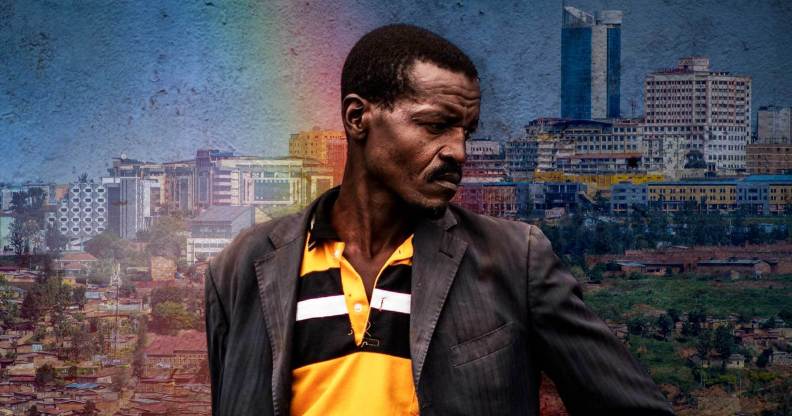
(Getty)
As the UK government fights to save its Rwanda asylum plan in the Supreme Court, a gay man from the country reports on the dangers facing the community there.
On Thursday (29 June), the Court of Appeal ruled that the government’s much-criticised plan to send asylum seekers to Rwanda was unlawful. Prime minister Rishi Sunak and home secretary Suella Braverman have indicated that they intend to challenge the ruling.
On the same day, the government’s Illegal Migration Bill, which backs up the Rwanda plan, suffered heavy defeats in the House of Lords.
Innocent Uwimana – whose name has been changed to protect his identity – is a gay man from Rwanda who migrated to the UK about 20 years ago.
He knows first-hand what life is like for LGBTQ+ people in Rwanda, and it’s for this reason that he is so disturbed by the UK’s proposal.
As debate rages on about the bill, Innocent set about finding out what life is like right now for queer people in Rwanda. Here, he reports on conversations during which he found that stigma and abuse are still a part of every-day life for LGBTQ+ people in the East African country.
‘We don’t understand how the UK government would send LGBTQ+ people here’
Rwanda is one of the few African countries that does not overtly criminalise gay sex, and is a signatory to the UN declaration condemning violence against LGBTQ+ people.
However, same-sex marriage is prohibited and LGBTQ+ people are not protected from discrimination by any specific legislation.
LGBTQ+ people face stigmatisation and abuse there every day and there are many other factors that fuel hatred against them, especially religious and cultural factors.
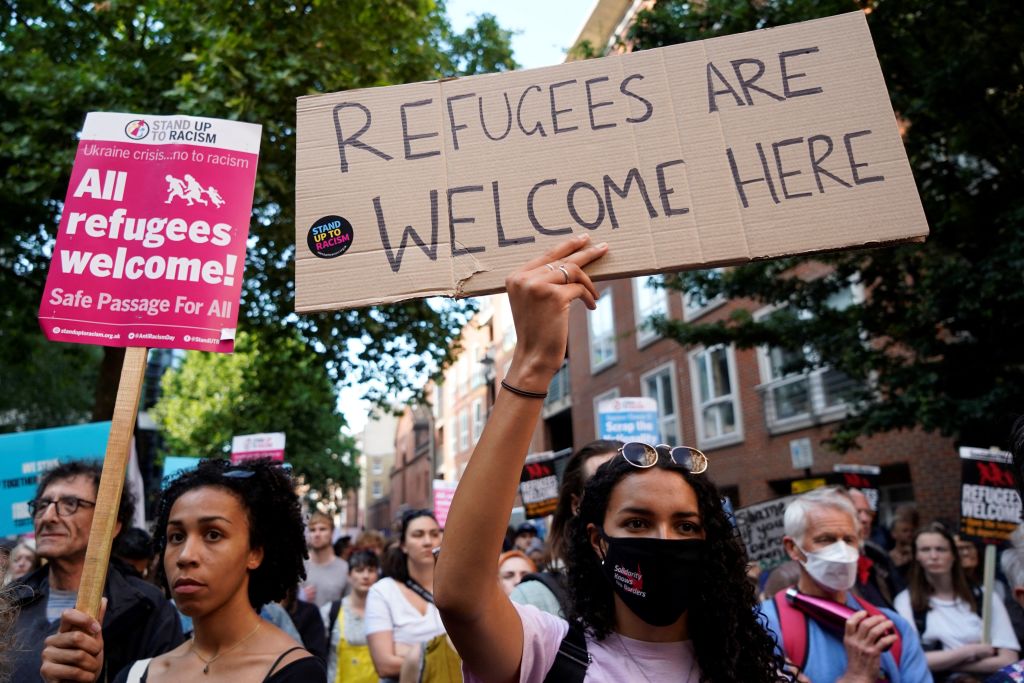
I’ve had a chance to speak to a group of Rwandan LGBTQ+ people who currently live in the country, and who have faced discrimination their entire lives because of their sexual orientation and/or gender identity.
“We don’t understand how the UK government would send LGBTQ+ people here knowing that they will face discrimination. Although the country’s recent human rights advances have been ‘enormous’, not all Rwandans are able to enjoy them equally,” one person told me.
The people in the group explained the tactics used to discriminate anyone perceived to be a member of the LGBTQ+ community.
Religion and culture are used as arguments to discriminate against LGBTQ+ people
The first argument used is religion. Christianity is predominant, and leaders of the Pentecostal and Catholic churches in Rwanda have warmly embraced discrimination against LGBTQ+ populations.
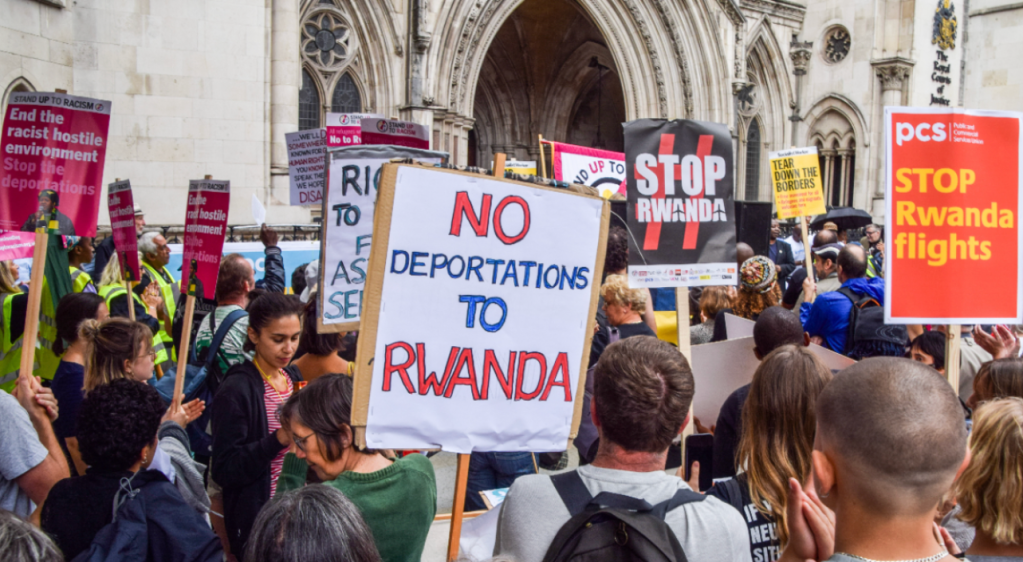
In addition, many political and social influencers in Rwanda frequently utilise overtly religious justifications to condemn homosexuality, calling it not only “un-Rwandan,” but also “sacrilegious”.
The UK government has to understand that Rwandans’ conceptions of the world are substantially shaped by their religious beliefs, that religious ideas heavily shape their attitudes and behaviours.
On tope of that, homophobia has evolved into a rallying cry that mobilises the masses by urging them to guard themselves against westernisation. Political and religious leaders, as well as social media influencers, justify discrimination against LGBTQ+ people on the grounds of culture.
They claim that homosexuality and non-heteronormative gender identities are not part of African culture and that they were brought to Africa by Western countries (especially the US and European nations) as a way to impose their beliefs on the continent.
Some also claim that Western countries intend to wipe out the African population by promoting homosexuality and preventing people being in heterosexual relationships in which they can have children.
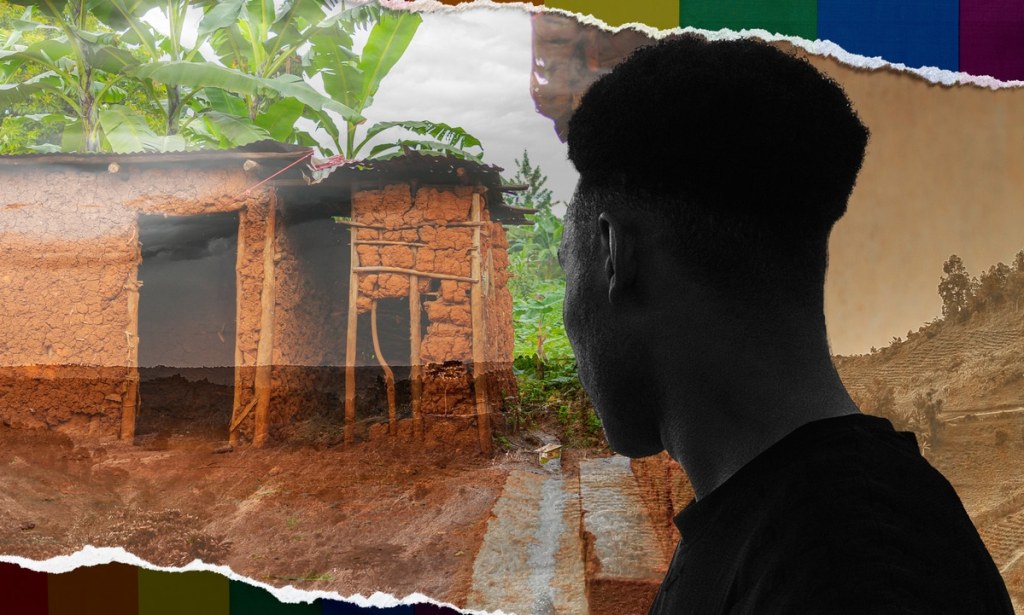
However, there is historical evidence of same-sex relationships and gender expression versatility as they are well-documented in many places in Africa, including Rwanda.
For example, in Rwanda, cyabakobwa (men behaving and crossdressing as women) and ibishebago (women behaving and dressing as men) were tolerated and they lived in peace in the communities in pre-colonial times.
But, unfortunately, this is no longer the case, and LGBTQ+ individuals have to hide or are forced to flee to other countries.
The controversial cases of a Rwandan fashion star and a social media influencer
The people I spoke with noted recent, well-documented cases of violence against LGBTQ+ people and people simply perceived to be part of the community.
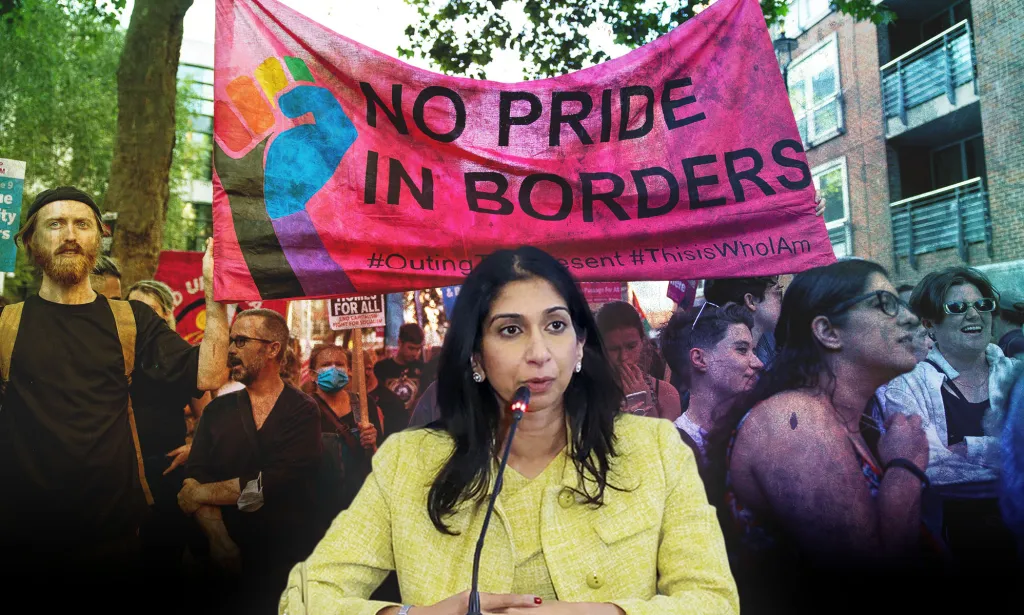
One example is that of a famous DJ and social media influencer who has been accused of being a lesbian. Despite her denial, she has been attacked in the media by religious leaders and other social media influencers, demanding she be arrested or beaten up.
‘We hope the UK government will hear our voice’
Rwanda is clearly a country from which most LGBTQ+ people want to get out, to live in a place where they can be free and themselves. So why would the UK government think it is safe to send queer people there?
The people I chatted to were surprised that a country like the UK, previously known for pushing the human rights agenda, was now deliberately planning to send people to a place where it is known that they will face stigmatisation and discrimination.
When I asked the group what they sought to achieve, they said: “We hope the UK government will hear our voice and don’t put other people in a situation many others want to get out of.“
How did this story make you feel?

